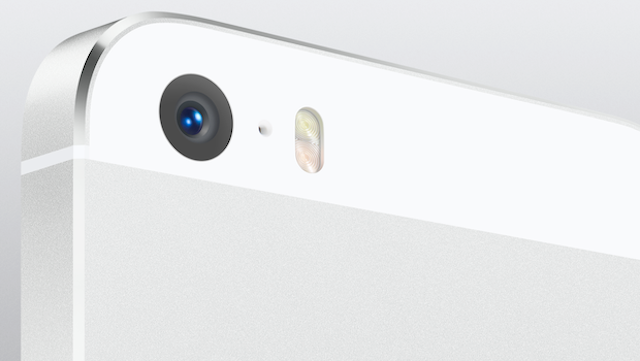iPhone 6S set for a pair of Sony cameras

Apple is in talks with Sony about the Japanese electronics giant supplying the front and rear camera sensors for future devices – likely starting with the iPhone 6S.
Sony already supplies the image sensor for the fine camera in the iPhone 5S, but the two companies could be set to extend that agreement.
A recent report in Japan’s Nikkei claims that Sony will double its supply of camera components to Apple for the company’s 2015 iPhone. This would mean the handset following the iPhone 6, which will probably launch later this year.
It’s likely that Apple wants to switch to Sony components for its smartphone’s front-facing camera in a bid to improve the quality of FaceTime calls (and, no doubt, selfies).
Apple currently sources the front-facing camera for the iPhone 5S and iPhone 5C from a variety of suppliers in the US and elsewhere. In both phones it’s a fairly modest 1.2-megapixel unit that’s capable of shooting 720p video.
Whether Apple and Sony will actively improve those specs for the iPhone 6S is unknown, but given that its launch is the best part of two years away, we’d certainly hope so.
Sony, for its part, is believed to be well prepared for this massive increase in camera sensor production. Back in January it purchased a production plant from a Japanese chip maker, apparently at the request of Apple.
The Japanese company is already believed to be the biggest supplier of CMOS sensors in the world. In addition to Apple, it also supplies its camera technology to Samsung and Huawei, meaning it has the top three smartphone makers all wrapped up.
Read More: Best cameras 2014


